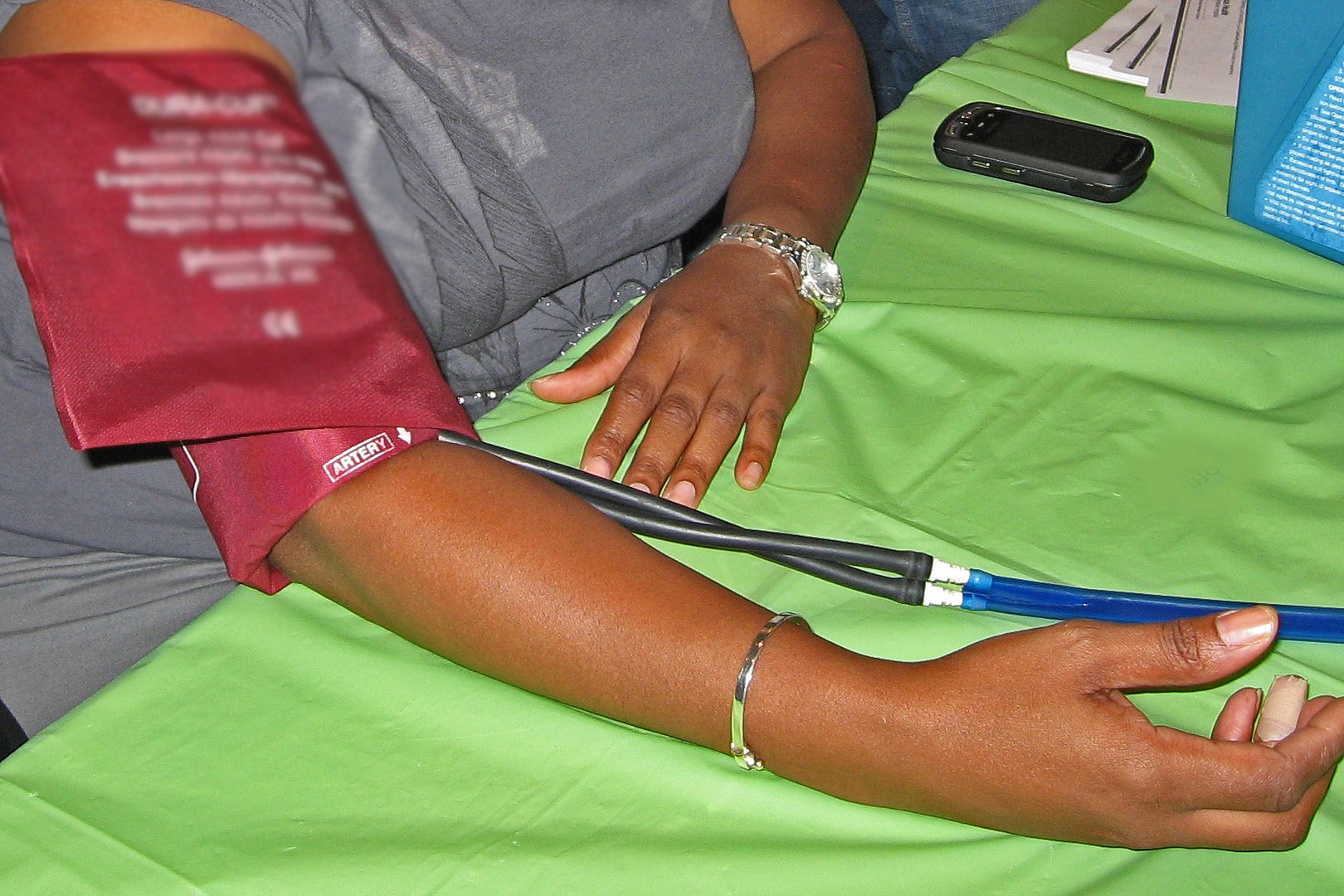Get Healthy!

- Posted September 6, 2024
Cuffs on At-Home Blood Pressure Monitors Don't Fit Some Patients
People are encouraged to monitor their blood pressure at home, but many folks will find that household blood-pressure cuffs are literally a bad fit, a new study warns.
For as many as 18 million U.S. adults -- nearly 7% of adults -- at-home blood pressure cuffs are either too small or too large to provide reliable results, according to findings presented at the American Heart Association’s Hypertension Scientific Sessions in Chicago this week.
“Most popular blood pressure devices we tested had the same cuff size coverage -- to fit arms with a circumference from 8.7 to 16.5 inches,” said senior researcher Dr. Kunihiro Matsushita, a professor of epidemiology at Johns Hopkins University in Baltimore.
“We estimate that these one-size cuffs would not properly fit approximately 18 million U.S. adults, potentially providing inaccurate blood pressure measures,” Matsushita added.
Nearly half of U.S., adults have been diagnosed with high blood pressure, according to the AHA. Uncontrolled high blood pressure increases risk of heart attack, stroke, heart failure and other illnesses.
The AHA recommends that all people with high blood pressure track it at home using an at-home blood pressure monitor. Upper arm cuff devices are preferred over wrist monitors, the AHA says.
For this study, researchers reviewed 10 of the most popular blood pressure monitors sold through a large online retailer.
Nine of the 10 devices offered a standard cuff size range from 8.7 inches to 16.5 inches, researchers found.
The researchers then turned to national health survey data for nearly 14,000 people, to see how many people wouldn’t find these cuffs a proper fit.
Nearly 7% of American adults could not use these devices because their arm circumference is less than 8.7 inches or larger than 16.5 inches, results show.
The cuffs are especially a bad fit for Black adults, of whom about 12% wouldn’t be able to use standard cuff sizes.
“This disparity in sizing is particularly concerning given the already high and increasing prevalence of high blood pressure among Black adults,” Matsushita said in an AHA news release.
Researchers noted that some manufacturers do offer additional cuff sizes, but these come at an extra cost.
“To increase equity, manufacturers should prioritize the development and affordable sale of blood pressure measuring devices that accommodate arm circumferences greater than [16.5 inches], and health care professionals should measure patients’ arm circumferences to help them select an appropriate cuff size when purchasing a home blood pressure device,” Matsushita said. ”Addressing the size disparity in device design is crucial for quality and equitable high blood pressure diagnosis and management.”
The new study provides practical information for people with high blood pressure, said Dr. Paul Whelton, chair of global public health at Tulane University’s School of Public Health and Tropical Medicine in New Orleans.
“Use of an incorrect arm cuff size is one of the more important sources of predictable error during blood pressure measurement,” said Whelton, who was not involved in the study.
Whelton noted that, according to the study, an estimated 16.5 million Americans have arms too large for standard cuff sizes, while 800,000 have arms too small for regular blood pressure cuffs.
“Thus, the use of a routinely sized cuff is far more likely to result in overestimation of hypertension rather than underestimation of hypertension,” Whelton said. “The best solution is to have cuffs of different sizes available, so a cuff that is of correct size for the patient can be chosen.”
Because these findings were presented at a medical meeting, they should be considered preliminary until published in a peer-reviewed journal.
More information
The American Heart Association has more on at-home blood pressure monitoring.
SOURCE: American Heart Association, news release, Sept. 6, 2024






